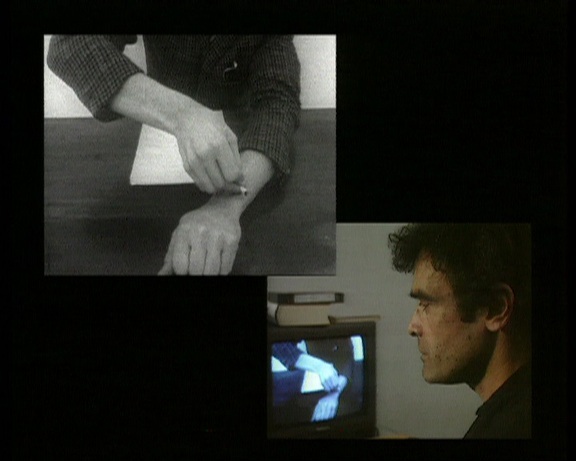Talk

Open Lecture: Trond Lundemo - Montage as the Production of the Past
Montage is one of the key concepts in film and media theory, yet it’s surprisingly under-defined, often lacking in precision and critical distinction. Through the work of Georges Didi-Huberman, among others, montage has also become a key term for understanding art history and museum installations.
This lecture aims at presenting the multiple modes and methods of montage, and analyzing how they are disposed for producing the past. Jean-Luc Godard expressed in his Histoire(s) du cinéma (1988-98) that ‘montage is history’, but there are many different ways of writing history. This lecture presents some techniques of editing in early cinema, the different montage approaches and theories of the Soviet 1920s, montage in classical cinema up to montage concepts in the gallery mode (Farocki’s ‘soft montage’) and in today’s computer networks.
The lecture is part of the course Montage as Exhibitionary Practice run by Associate Professor Lisa Rosendahl at the Academy of Fine Art.
About the speaker:
Trond Lundemo is Docent/Associate Professor at the Department of Media Studies, Section for Cinema Studies at Stockholm University. He is a Co-editor of the book series "Film Theory in Media History” at Amsterdam University Press and was a Steering Committee member of the European Network for Cinema and Media Studies (NECS) between 2011 and 2015. Research interests include film theory, media archaeology, social memory and technology studies and theories of the archive.
